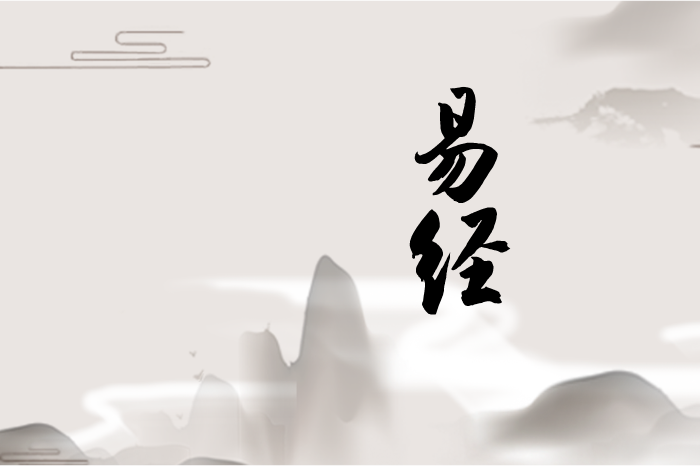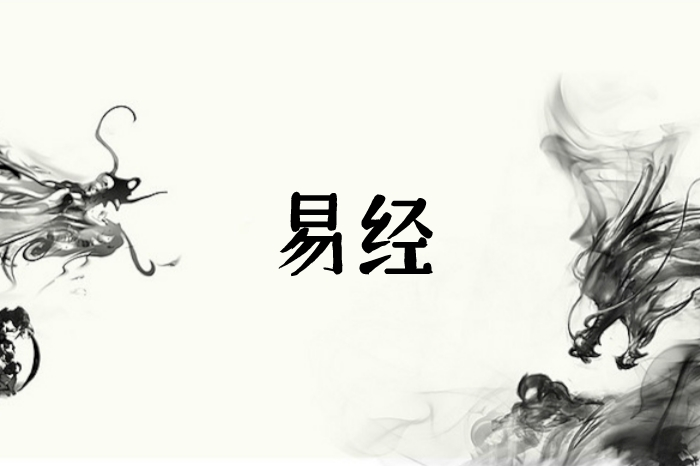The Book of Changes, also known as the Yi Jing or I Ching, is an ancient Chinese text that has been admired and studied for thousands of years. It is one of the oldest classics in the world and holds a prominent place in Chinese philosophy and culture. But is the Yi Jing solely a philosophical work or does it have elements of divination as well? In this article, we will explore the relationship between the Yi Jing and philosophy, and delve into its role as a tool for both wisdom and predictions.
The Yi Jing, at its core, is a philosophical text that offers profound insights into the nature of life, the universe, and human existence. It is believed to have been written by the legendary sage King Wen of Zhou around 1000 BCE. The book consists of a collection of hexagrams, each composed of six lines, representing different combinations of yin and yang, the fundamental principles of existence according to Chinese philosophy.

As a philosophical work, the Yi Jing explores concepts such as balance, harmony, and change. It reflects the belief that the universe operates in a cyclical manner, constantly oscillating between opposites. The Yi Jing encourages individuals to embrace change and adapt to the ever-shifting circumstances of life. It teaches that by understanding the natural rhythms of the universe and aligning oneself with them, one can achieve harmony and balance.
However, the Yi Jing is not merely a philosophical treatise. It is also widely used as a divination tool to predict the outcome of future events. The process of divination involves using the Yi Jing to generate hexagrams that are interpreted to provide guidance and insights. This practice has its roots in ancient Chinese culture and reflects the belief that the universe operates in patterns that can be discerned through signs and symbols.
Critics argue that the divinatory aspect of the Yi Jing detracts from its philosophical value. They assert that by using the book for fortune-telling, it reduces the profound wisdom it contains to a mere set of predictions. However, proponents of the Yi Jing as a divination system argue that the act of consulting the book and interpreting its hexagrams can serve as a means of self-reflection and introspection. They believe that the process itself can lead to a deeper understanding of one’s own thoughts, emotions, and desires.
In conclusion, the Yi Jing is a complex and multifaceted text that embodies both philosophical and divinatory aspects. While it is primarily a philosophical work that offers timeless wisdom and guidance, it also serves as a tool for divination, enabling individuals to access insights into the future. Whether one sees the Yi Jing as a philosophy, a divination system, or both, its enduring influence and profound teachings continue to resonate with people around the world.
Word count: 387.









